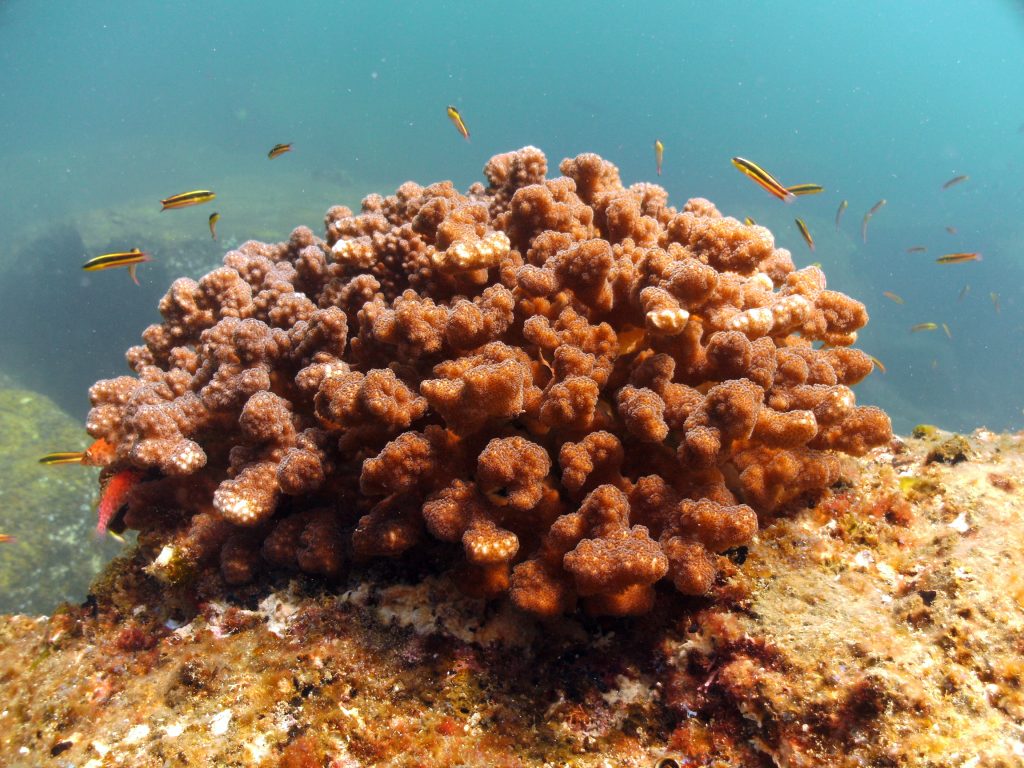
The news broke earlier this week that a new coral reef system was discovered at the mouth of the Amazon River last year, appropriately named the Amazon Reef. The 9,500km² ecosystem was a surprise discovery to researchers when it was found off the coasts of French Guiana and Brazil, and an important one. 2016 was also the year that an obituary to the Great Barrier Reef, later revealed to be premature, went viral and spread panic about the state of the world’s coral reef systems. Rest assured, Nemo’s home is still alive and kicking, but is nevertheless under significant threat. Therefore, the locating of other reef systems is somewhat reassuring but coral reefs in general are suffering, mostly at the hands of a phenomenon called coral bleaching.
Bleaching enamel or hair to possess pearly white nashers or platinum blonde locks may be desirable to some people, but bleaching of a coral reef system can be catastrophic and sometimes fatal. What would the post-mortem of these unfortunate invertebrates say? Corals are colonial organisms physically connected and living in harmony with other marine constituents. They secrete calcium carbonate to form hard skeletons and the tough reef systems that are home to a variety of ocean-dwelling creatures. Tropical, shallow corals at least, rely on tiny, photosynthetic organisms living inside them called zooxanthellae for the majority of their sustenance. Everyone is happy in this mutual relationship (the zooxanthellae gain nutrients out of the bargain) until the coral can no longer give the zooxanthellae what it needs. On a larger scale, this is normally because of rising sea temperatures (climate change I’m looking at you) and causes the corals to expel their trusty photosynthetic partners. They lose their colour because the zooxanthellae are often the reason for their bright colourations, leaving the pale or white exoskeleton behind, hence the term ‘bleaching’.
Turning a different colour doesn’t sound all that bad (albeit an unconventional side effect of a breakup) but sadly without the zooxanthellae, corals can die of starvation. A bleaching event last year hit the Great Barrier Reef particularly hard with 90% of the corals affected, and 25% dying. This is probably what led to that infamous obituary but despite the trauma suffered, 75% of the corals in the system are still with us. For now.
Link to the paper discussing the brand new reef system discovered: http://advances.sciencemag.org/content/2/4/e1501252.full
